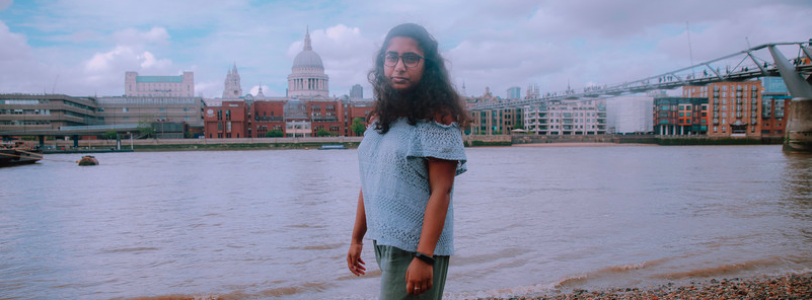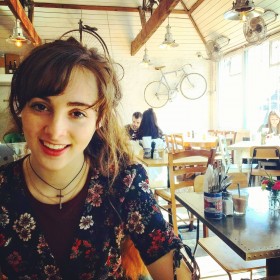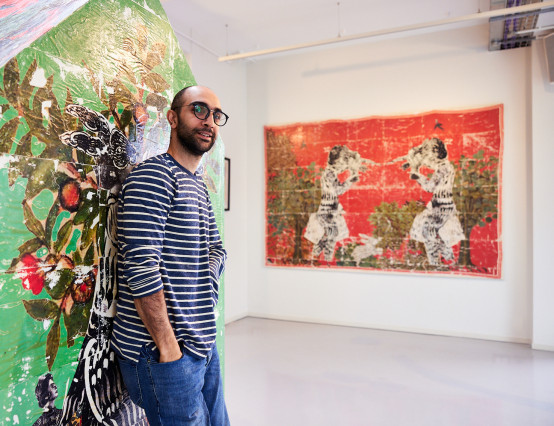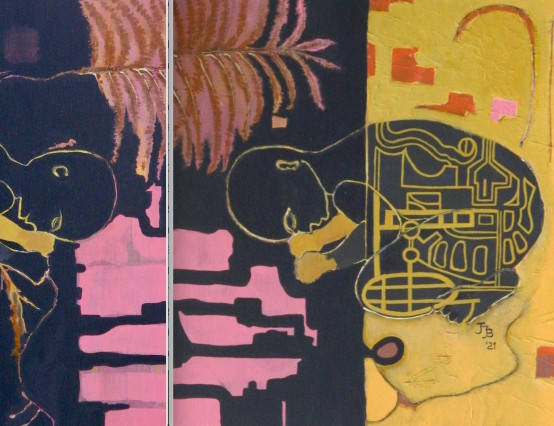Could you first introduce yourself to the reader?
My name is Sharlene Gandhi, and I am a freelance writer who focuses on the climate crisis, health and well-being, and good business. I can often be tracked down on Southbank or somewhere in North London trying to keep my creative juices flowing.
What does your job involve? Give us the outline of a typical day?
My day job is a little mundane but my writing – what I like to call my night-owl job – gives me a lot of joy and life. So a typical day for "creative-me" actually probably mostly takes place in the dark and while I am in my PJs.
I try to write at least a little bit every evening in order to exercise my writing brain and keep the jumble of ideas fresh in my mind.
Tell us about your personal relationship with the Thames River.
Having been born and brought up in London – albeit quite far away from the Thames in Enfield, North London – I have always seen the Thames as the symbol of the City. It has always seemed so daunting and unstoppable, yet at the same time a sign of depth and history. Even today, although I work on Southbank and see the Thames every day, I find solace in walking across a bridge on top of it, or walking on a bankside alongside it.
What’s your project for Totally Thames?
I am one of four writers/performers brought on for the second rendition of Run Softly, the brainchild of Izzy Inkpen. The show brings together London, water-bodies and sustainability issues in the poetic form, charting the literary history of the Thames as the audience and performers move down Southbank.
What particularly inspired your project for this year’s festival?
I was inspired to join Izzy in their pursuit to creatively express frustration, anger and disappointment at how the climate crisis was beginning to impact London and the Thames. I think the River Thames is a symbol of strength and endurance that has withstood multiple trials and tribulations through the ages.
As I begin to explore climate change and sustainability through my non-fiction writing, I often struggle to find the stylistic mode to convey some of the deep culturally-embedded assumptions that we need to unpick in order to save the world. Poetry allows you to do exactly that.
Summarise your artistic work this year in 5 words.
Challenging, Personal, a "call-to-action", Loving and Lamenting.
What do you hope the impact of this project will be?
I personally hope that this project increases awareness of the fact that climate change and sustainability issues are not far removed from us. I hope people go away having a better understanding of how historical decisions have led us to where we are today – amidst a global crisis – and that they also feel a sense of individual responsibility in undoing damage.
Did you face any particular challenges during the project?
Charting literary history is always a challenge when you are not necessarily used to speaking in Renaissance English….
In all seriousness, as challenging as the style was to master, it unveiled a lot of fascinating themes that correlated directly to the modern-day climate disaster: the beginnings of trade, the blooming popularity of foreign travel, and exposure to new and foreign things.
Do you have any advice for young people interested in getting involved in this art form?
Firstly, you will know very quickly what you are passionate about if you are spending hours mulling over it and relentlessly working on it. Secondly, put yourself out there! Look actively for opportunities because they do not come and present yourself on your doorstep. Thirdly, collaborate with like-minded people and bounce ideas off them. Who knows, you might come up with something entirely new and incredible.
Where can people find out more about yourself and your event?
www.izzyinkpen.co.uk








0 Comments